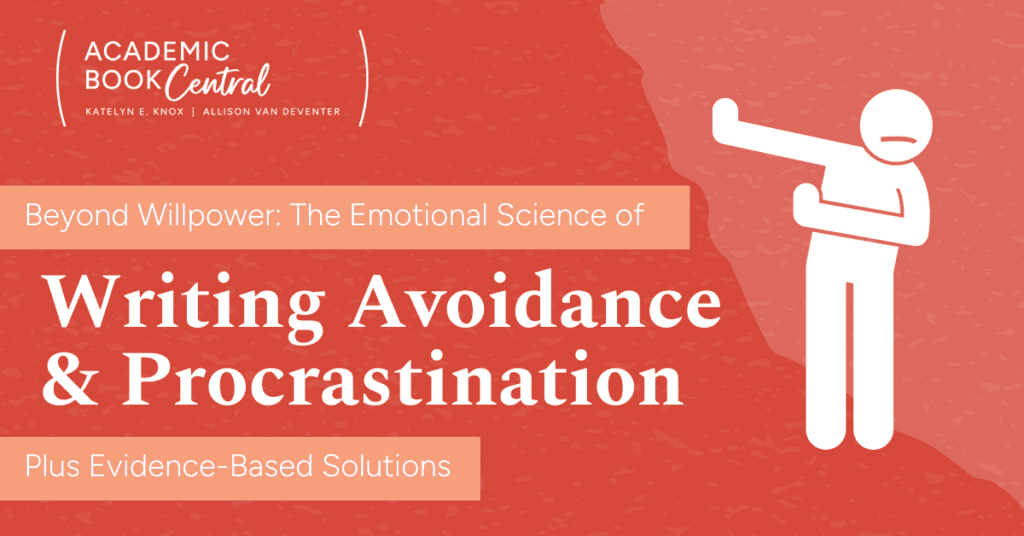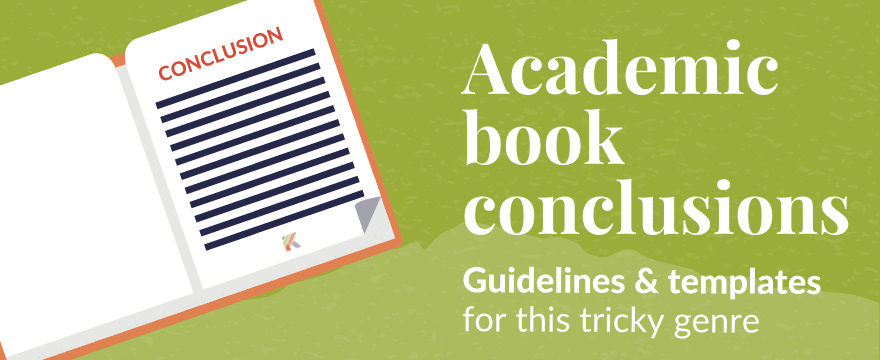Picture this: You’re sitting at your desk, surrounded by your research materials—primary sources, theoretical texts, archival notes—and that manuscript deadline looms. Instead of writing, you’re reorganizing your citations, diving into yet another secondary source, or perhaps even doing your taxes. Sound familiar? As humanities scholars, we often find ourselves doing anything but the writing we need to complete, especially when the stakes feel high.
Procrastination Isn’t About Willpower: The Science of Emotional Coping
Research discussed in Ellen Hendriksen’s How to be Enough reveals that procrastination isn’t fundamentally about poor time management or lack of willpower. Instead, studies show it functions as a tool for emotional regulation—specifically, what researchers call “mood repair.” When faced with tasks that trigger negative emotions, people instinctively seek activities that will make them feel better in the moment.
The core ingredients for procrastination are simple: feeling bad about a task, believing you have the power to feel better, and having tempting distractions available. For academic writers, these conditions often converge around writing tasks where judgment feels most likely. Some scholars even report finding themselves procrastinating on writing by doing their taxes—a telling indication that procrastination isn’t about choosing easier tasks, but rather about avoiding specific emotional triggers.
This pattern becomes most pronounced around tasks where we anticipate being evaluated. The temporary comfort of reading one more monograph or refining a theoretical framework provides immediate emotional relief, even as it increases time pressure later.
Breaking the Cycle: Practical Strategies
So what can we do to break free from procrastination and writing avoidance? Try the steps below.
1. Name Your Emotional Triggers
Remember: procrastination is a tool we use to avoid difficult emotions. Think about the task you’re avoiding and check which feelings are coming up:
- Fear of judgment (“My interpretation isn’t original enough”)
- Methodological insecurity (“I haven’t consulted enough sources”)
- Perfectionism paralysis (“I need to read everything in the field first”)
- Impostor feelings (“Real scholars wouldn’t struggle with this material”)
- Source anxiety (“What if I missed a crucial source”)
- Argument uncertainty (“My contribution isn’t significant enough”)
- Time pressure (“Others have already covered this territory”)
- Comparison stress (“Other scholars do this easily”)
- Feedback dread (“Reviewers will find holes in my research”)
- Complexity doubts (“My analysis isn’t sophisticated enough”)
2. Reframe Your Thoughts
Now, look at the boxes you checked and try these alternative perspectives:
- Fear of judgment → “Humanities scholarship thrives on dialogue. My perspective contributes to the ongoing conversation.”
- Methodological insecurity → “Every archive, text, or artifact reveals new layers of meaning. I can work with what I’ve found so far.”
- Perfectionism paralysis → “This draft is about discovering my argument. Research and writing are intertwined processes.”
- Impostor feelings → “My perspective and approach matter. Even established scholars started somewhere.”
- Source anxiety → “No analysis can encompass everything. My careful attention to these sources has value.”
- Argument uncertainty → “Nuanced engagement with existing scholarship is as valuable as radical originality.”
- Time pressure → “Historical questions and cultural texts invite ongoing reinterpretation. My contemporary perspective matters.”
- Comparison stress → “Published work is polished through many drafts. I’m seeing their finished product, not their process.”
- Feedback dread → “Peer review helps refine ideas. It’s how we build knowledge in the humanities.”
- Complexity doubts → “Sophisticated analysis emerges through writing. I can develop my framework as I articulate my argument.”
3. Design Strategic Writing Sessions
The hardest part of writing is often the transition from not writing to writing. When we’re stuck in avoidance, the weight of our own expectations can make even opening a document feel impossible. The key is to make that first step so small it seems almost ridiculous.
If you find yourself repeatedly struggling to start, try setting an initial goal that feels laughably easy:
- Type up just two quotes from your primary sources
- Write a three-sentence summary of one article
- Freewrite for exactly three sentences about your topic
- Spend five minutes close reading a single example
- Write down one pattern you’ve noticed in your research
These micro-goals might seem too small to matter, but they serve a crucial purpose: they get you past your inertia. Once you’re moving, even slightly, you’ll often find yourself naturally extending beyond these minimal goals. But if you don’t, that’s fine too—you’ve still broken the cycle of avoidance and built momentum for your next session.
With this foundation in place, you can then structure different types of writing sessions to maintain and build on this momentum. Here’s how:
Exploratory Sessions (When you’re still finding your argument):
- Spend 30 minutes free-writing about patterns you’ve noticed in your sources
- Write three different versions of your main claim, each emphasizing a different aspect
- Create a dialogue between two competing interpretations in your field
- Map connections between three key pieces of evidence
- Write a letter to a colleague explaining what excites you about your research
Development Sessions (When you’re building your analysis):
- Analyze one primary source through three different theoretical lenses
- Write detailed transitions between two existing sections
- Develop one key concept through three different examples
- Trace one thread of your argument across your evidence
- Explore implications of your analysis for one scholarly debate
Refinement Sessions (When you’re strengthening your draft):
- Strengthen topic sentences in three paragraphs
- Develop one theoretical point with additional evidence
- Clarify your intervention in one historiographical debate
- Enhance one section’s engagement with relevant scholarship
- Deepen your analysis of one particularly rich example
Remember: Each session should produce something concrete, even if imperfect. The goal isn’t to write perfectly, but to generate material you can refine and develop in subsequent sessions.



